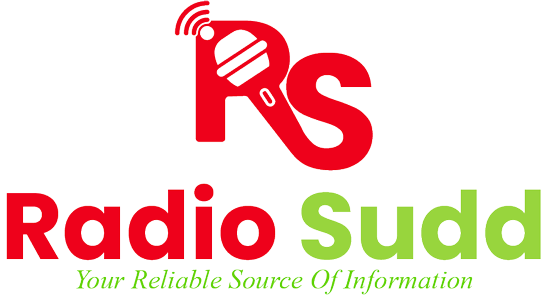By Peter Kuol Kuch
BOR, Jonglei, South Sudan – Bor State Hospital, a vital healthcare facility for Jonglei State and surrounding areas, is grappling with a severe shortage of essential drug supplies, a consequence of South Sudan’s ongoing economic challenges. This critical deficit is forcing patients, including vulnerable internally displaced persons (IDPs), to purchase medications from private providers, often at unaffordable prices.
Residents seeking medical attention at the government-run hospital are reporting mixed experiences, with some alleging commercialization of drugs despite the hospital’s public status, while others express deep concern over their inability to afford private prescriptions. Patients describe lengthy waits for laboratory services, only to be told that prescribed drugs are unavailable and must be acquired elsewhere.
Rebecca Achok, a mother admitted to Bor State Hospital, recounted her struggle, stating she “suffered a lot because I didn’t have enough money to buy drugs from the market.” She emphasized that the current economic hardship makes it nearly impossible for most residents to afford private healthcare, potentially delaying crucial medical interventions. Achok has appealed to the National Ministry of Health and its partners for urgent intervention.
Philip Maker, a patient caregiver, echoed these concerns, noting that many residents prefer government hospitals due to their perceived affordability. “As I walk on the street, many are coming to the main hospital, but patients are referred to purchase the drugs from the market, which everyone can’t afford,” Maker explained. He highlighted the particular difficulty for civil servants, who have gone months without salaries, and the recent surge in malaria infections, leading to wasted medical expenses at private facilities due to the lack of drugs at the government hospital.
The economic meltdown is particularly acute for displaced persons. Dhiu Majok, a camp manager at the UN Bor IDPs Camp, stated that IDPs, who rely on Bor State Hospital for medical services, frequently leave without necessary medications because they cannot afford private purchases. “Most of the patients walk from here to Bor Main Hospital, and when they go there, they are told that there are no drugs,” Dhiu said, tragically adding that several IDPs have died in recent weeks due to the inaccessibility of health services.
Dr. Bol Chaw, the Medical Director at Bor State Hospital, confirmed the dire situation, admitting that the hospital has completely run out of essential drugs, including anti-malarials and antibiotics. “Bor State Hospital is not only serving the residents in Bor, but it also serves the neighboring counties. Now, when you look at the drugs and the population here, they don’t match. There is a large population in Bor,” Dr. Chaw explained. He confirmed that a three-month drug consignment received in April is now completely out of stock.
Dr. Chaw emphasized that the vast population served by Bor State Hospital far exceeds the allocated drug consignments, compelling them to send patients to private health clinics. “Well, there is nothing we could do. We normally send them to buy the drugs they needed from the market. I know it’s hard on some people, but there is nothing we could do,” he stated. However, Dr. Bol dismissed claims of drug commercialization at the hospital, asserting that medical workers are bound by ethical practices prohibiting such actions.
Bor State Hospital remains the largest hospital in Jonglei State, serving a vast population from within the state and neighboring areas.
Editor’s Note: This story was reported with support from Journalists for Human Rights, under the Tackling Mis/Disinformation Project, funded by the Government of Canada’s Peace and Stabilization Program.
